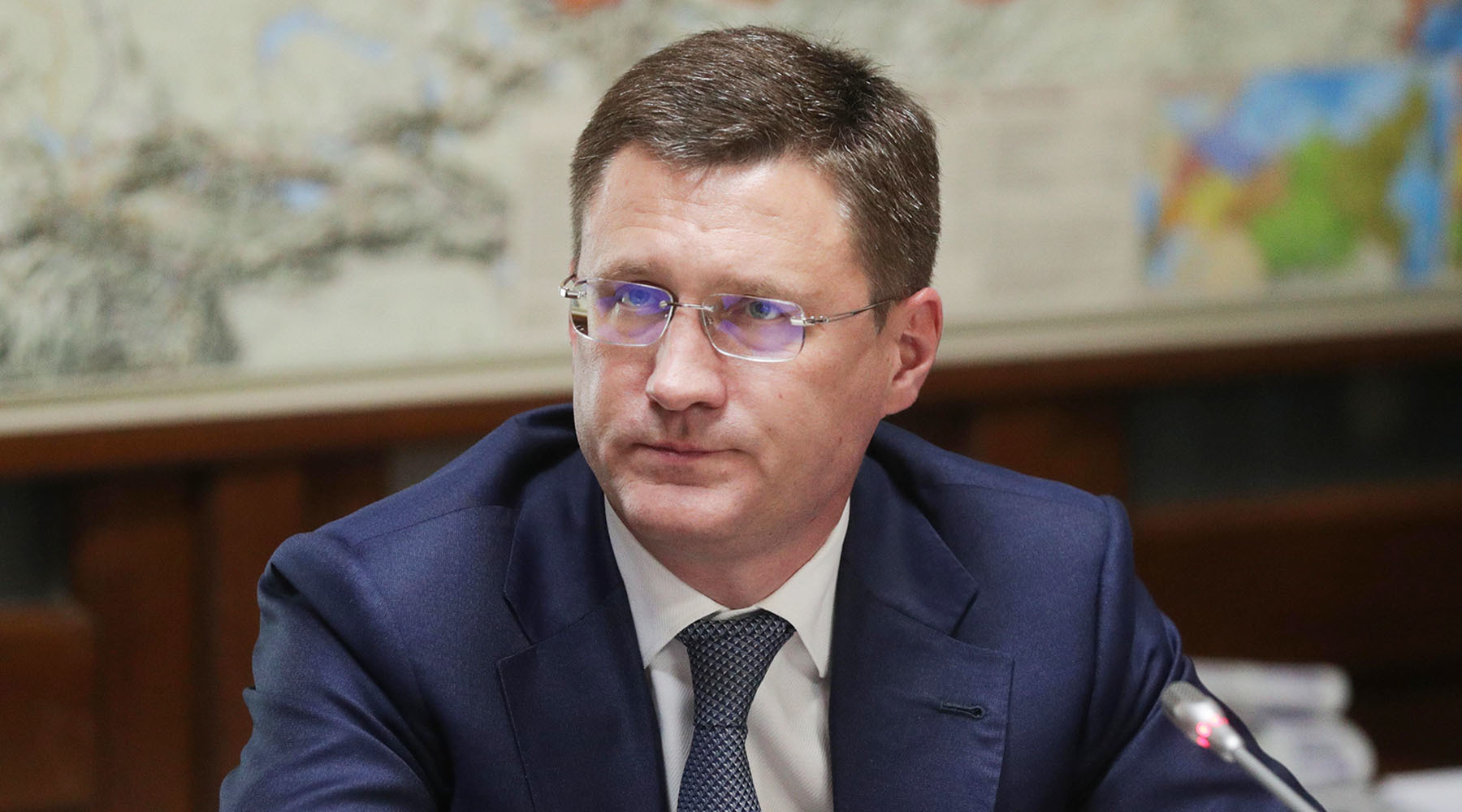On Thursday, December 3, the energy ministers of the oil exporting countries revised the terms of the OPEC + deal.
So, from January 1, 2021, the parties to the agreement will increase oil production not by 2 million barrels per day, as previously assumed, but by 500 thousand barrels per day.
“We agreed to increase (production. -
RT
) by only 500 thousand barrels per day, because we understand that 2 million barrels per day in the winter, when demand is reduced, it would not be safe for the market, so a smooth exit is good. a solution that essentially allows us to evaluate and target the market on a monthly basis, ”TASS quotes Deputy Prime Minister of Russia Alexander Novak.
Recall that since May 1, the countries participating in the OPEC + agreement have resumed partnership and began to reduce the production of raw materials to restore the balance between demand and supply of hydrocarbons in the world market.
Such a policy should keep oil prices from further collapses.
From May to July 2020, oil production in the countries participating in the agreement decreased by a total of 9.7 million barrels per day compared to the level of October 2018.
From August to December, the states agreed to somewhat soften the restrictions - up to 7.7 million barrels.
Thus, compared to July, production in OPEC + countries increased by 2 million barrels per day.
According to the agreements reached earlier, from January 1, 2021, the volume of production cuts should have decreased to 5.8 million barrels per day relative to the baseline.
So, compared with December 2020, the production of raw materials in the OPEC + states would have increased by almost 2 million barrels per day.
However, the weak pace of recovery in global oil demand forced the parties to the agreement to change the terms of the agreement and from January to increase production by only 500 thousand barrels.
In the future, OPEC + will monthly assess the state of the market and, if necessary, adjust the production volumes within the framework of the transaction, said Alexander Novak.
RIA News
© Press Service of the State Duma of the Russian Federation
As Igor Galaktionov, an expert on the stock market BCS World of Investments, told RT, maintaining the previous conditions of the OPEC + deal could become a “worst scenario” for the oil market and negatively affect investor sentiment and prices.
However, the decision of the OPEC + states to increase production only slightly was positively received by the players.
Thus, during the evening trading on December 3, the price of Brent crude oil on the ICE exchange in London rose by almost 1.2% - to $ 48.9 per barrel.
Moreover, by the end of 2020, quotations may additionally grow.
Natalya Milchakova, deputy head of the Alpari information and analytical center, expressed this point of view in an interview with RT.
“The market reacts to the OPEC + decision with growth, oil is already tending to $ 49 per barrel of Brent.
Quotes and volumes of oil production are growing, and this is a positive situation for the Russian budget and the ruble.
According to our forecasts, under current conditions, oil may rise in price up to $ 50 per barrel in December, ”Milchakova noted.
Note that as a result of the actions of the participants in the OPEC + deal, a deficit could be observed in the global commodity market in the fall.
This is evidenced by data from the US Energy Information Administration (EIA).
The organization expects that by the end of the year the global oil supply will exceed the demand for hydrocarbons.
Moreover, this state of affairs may continue throughout 2021, the EIA predicts.
In addition, the start of coronavirus vaccination in different countries may have a positive impact on the price of oil.
Yevgeny Mironyuk, an analyst at Freedom Finance, told RT about this.
On December 2nd, the UK approved the use of the drug from Pfizer and BioNTech.
At the same time, Russian President Vladimir Putin instructed to start mass vaccination against COVID-19 in the country next week.
In these conditions, market players are counting on a speedy recovery of the global economy and a revival of global demand for hydrocarbons.
“Oil has become one of the hardest hit assets during the pandemic, with most road, air and sea shipping suspended and factories and businesses around the world temporarily closed.
The cost of oil largely depends on the prospects for global consumption, which will intensify after a period of mass vaccination, ”the expert emphasized.

